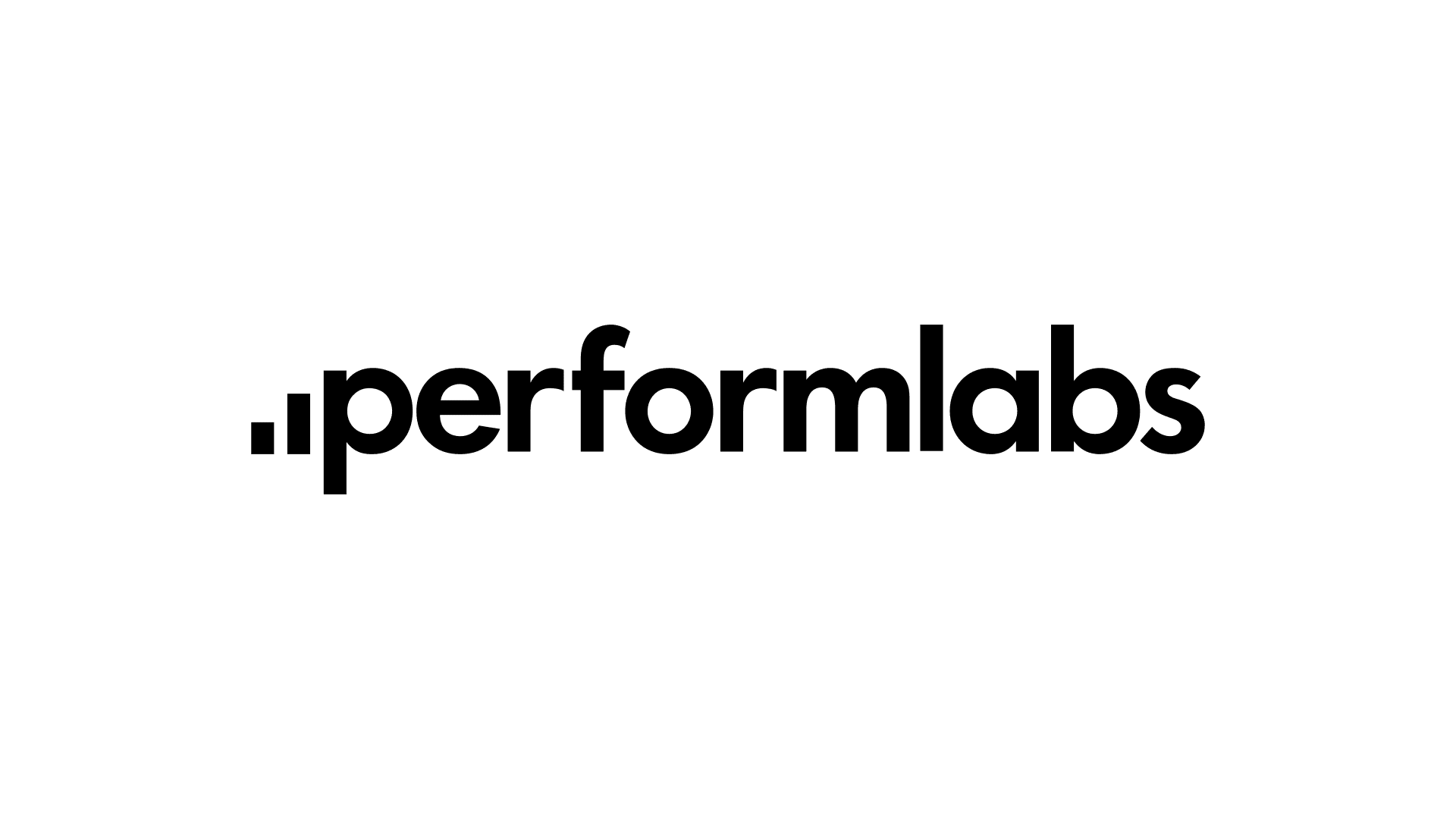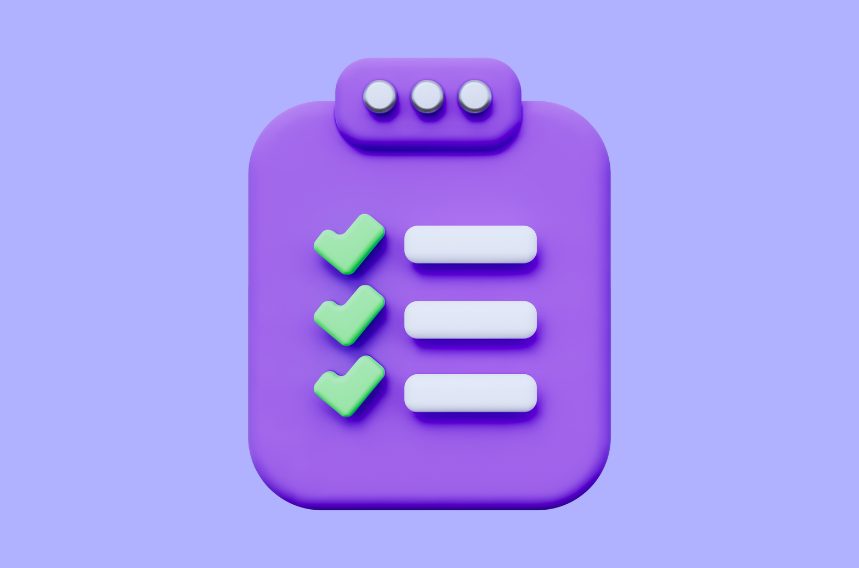Our CRM service focuses on improving how companies manage interactions with current and potential customers. We aim to refine your CRM strategy, boosting customer engagement, streamlining sales, and fostering business growth. We look at how you use your CRM system, its integration with other processes, and how it aligns with your sales and marketing goals.
Implementation Steps:
- CRM System Assessment: We start with a detailed review of your current CRM system. We check its features, ease of use, and integration with other business tools.
Example: For a software company, a review might reveal an outdated CRM system that lacks integration with social media platforms. We would suggest upgrading to a more modern system that includes social media integration for better customer engagement tracking. - Data Quality and Management: We evaluate the quality and management of customer data in the CRM. We ensure the data is accurate, complete, and up-to-date.
Example: An online retailer might have inconsistent customer data in their CRM. We would implement a data cleaning process to ensure accuracy and consistency in customer information. - User Adoption and Training: We assess how well staff use the CRM. We identify any training or support gaps that might limit effective use.
Example: In a real estate firm, staff might be underusing the CRM due to lack of familiarity. We’d identify this gap and conduct comprehensive training sessions to enhance user adoption. - Process Integration Analysis: We analyze the CRM’s integration with other business processes. This includes marketing automation, customer service, and sales management.
Example: A manufacturing company might not have their CRM integrated with their ERP system. We’d recommend a solution to integrate these systems for streamlined business operations. - Customer Journey Mapping: We review how the CRM tracks and manages the customer journey from initial contact to post-sale service.
Example: A hospitality business’s CRM might fail to track customer interactions post-booking. We’d suggest enhancements to track the entire customer journey, including post-stay feedback. - Reporting and Analytics: We examine the CRM’s reporting and analytics features. We check if the insights provided are useful and align with your business goals.
Example: A healthcare provider may find their CRM’s analytics lacking in patient engagement insights. We’d introduce advanced analytics tools to gain deeper understanding of patient interactions. - Strategy Alignment: We make sure your CRM strategy matches your overall sales and marketing strategies. We aim to support your business objectives.
Example: For a digital marketing agency, their CRM strategy might not align with their agile project management methods. We’d align the CRM strategy to support dynamic project tracking and client communication. - Recommendations for Improvement: Based on our findings, we suggest improvements for your CRM strategy. This could be system upgrades, process changes, or staff training.
Example: A non-profit organization might have a CRM that doesn’t effectively track donor engagement. We’d recommend implementing a donor management module within their CRM. - Implementation Plan: We create a detailed plan to put these changes into action. This plan includes timelines, responsibilities, and success metrics.
Example: For a logistics company, implementing a new CRM might be challenging. We’d develop a phased implementation plan, starting with basic features like contact management and gradually incorporating advanced features like logistics tracking.
Example:
Take a B2B service provider struggling with CRM utilization. Our review might show a need for better integration with email marketing and customer support systems. It might also reveal a gap in comprehensive staff training. Implementing a new strategy with better system integration and tailored training can boost customer engagement, streamline sales, and increase conversion rates and retention.



